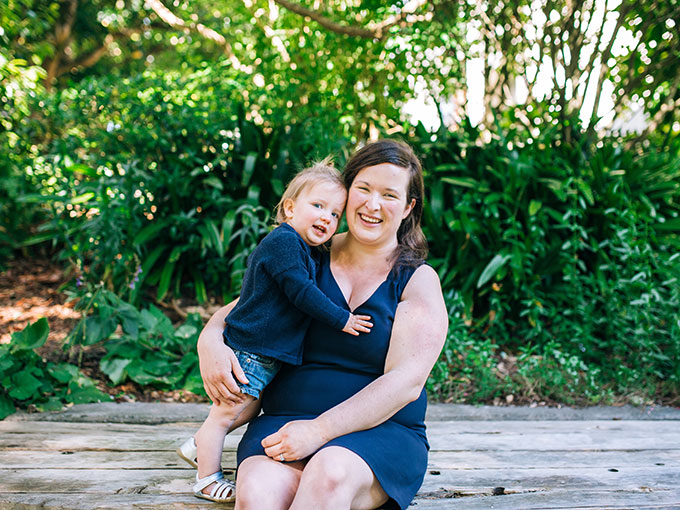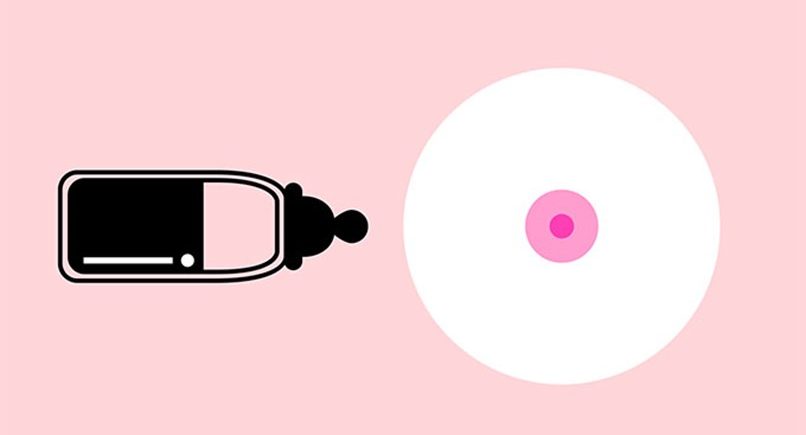by Sarah Lang / 18 February, 2018

Emma McGahan from Lower Hutt gave birth to her first child, a daughter, in hospital. McGahan suffers from a hormonal disorder, polycystic ovary syndrome, and was concerned it might affect her milk supply. “They kept telling me my baby was feeding fine, and wasn’t hungry because she wasn’t screaming,” says McGahan. “But I could see her shaking…They were about to discharge us when I said, ‘Please weigh her and test her blood sugars first.’” Amelia had lost 11% of her birth-weight, and her glucose levels were very low. My baby was starving. That was devastating.”
In the US, concerns have also been raised by the Fed is Best Foundation, a non-profit organisation of health professionals and parents providing education on safe methods for breastfeeding, mixed-feeding and formula-feeding. It says the WHO guidelines put newborns at risk of starvation, and complications can include dehydration, jaundice and hypoglycaemia: all established causes of brain injury and permanent disability.
In September, Fed Is Best leaders, including emergency physician Dr Christie del Castillo-Hegyi, presented data to the WHO Breastfeeding Programme on the high incidence of complications resulting from BFHI practices. When she asked if WHO planned to inform mothers that temporary supplementation can prevent complications from insufficient breast-milk, the response was it wasn’t a “top priority” because health providers already had guidelines on the danger signs.
In late 2017, WHO released for public submissions a draft document that proposes some revisions to the Ten Steps, following an evidence review (see How Did We Get Here?, page 36).
The proposed revision to Step 6 slightly rewords but doesn’t materially change it: “Mothers should be discouraged from giving any food or fluids other than breast milk, unless medically indicated.” However, WHO has admitted that “medical requirements for and effects of additional feeds on infants and mothers need further research”.
Go to North & South Magazine to read more.
